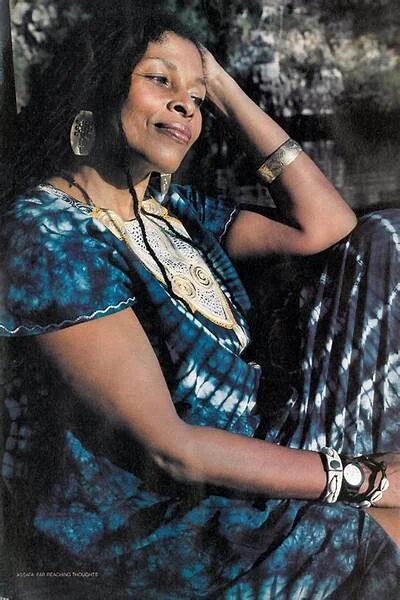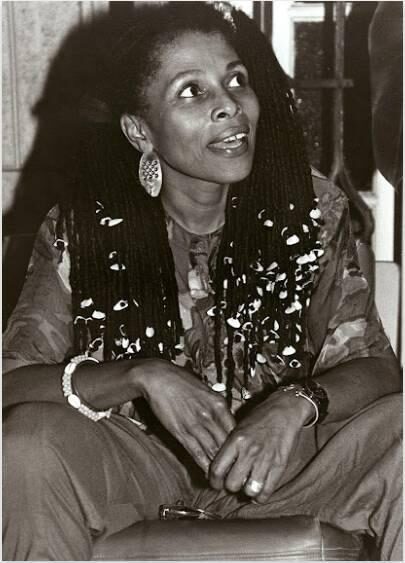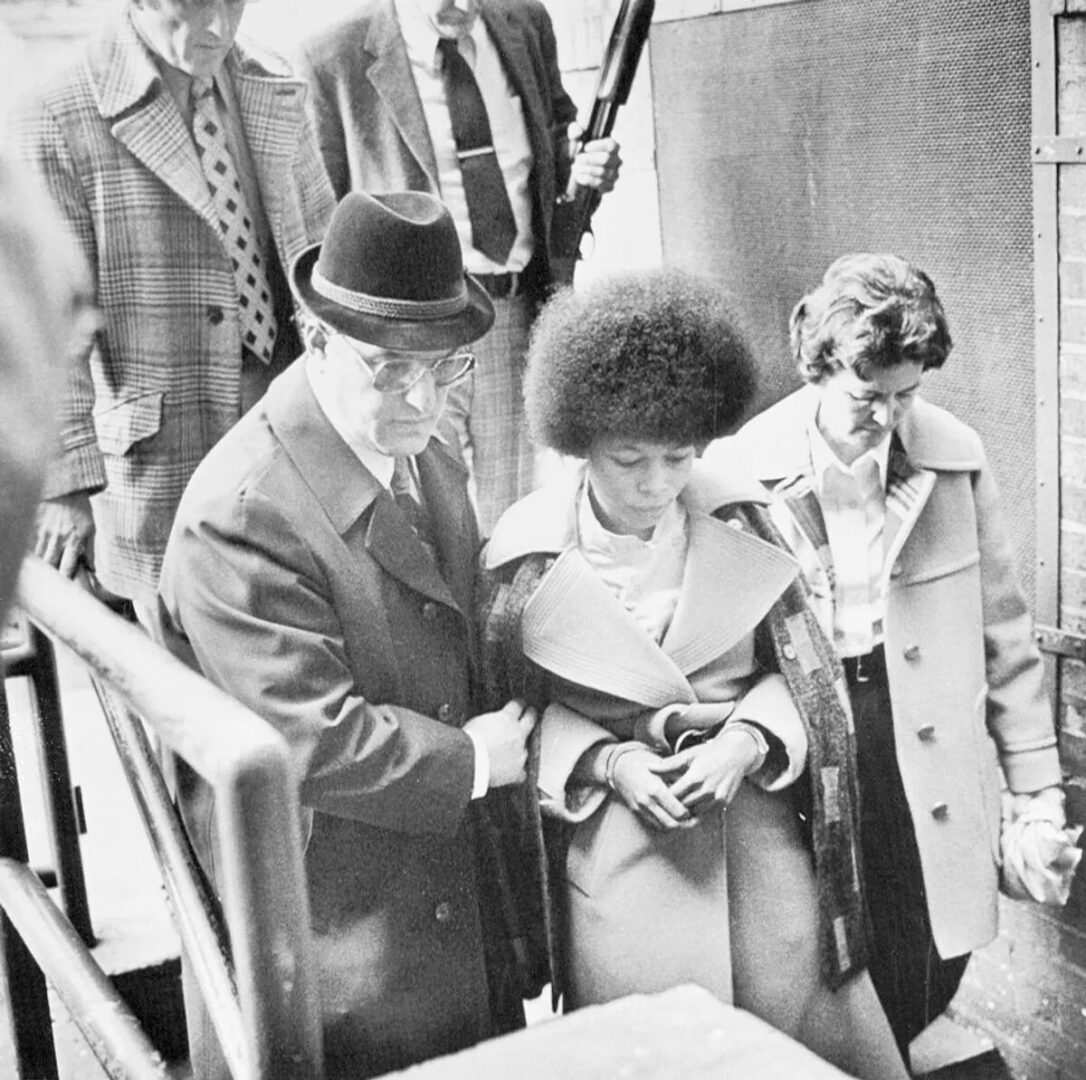Tupac Shakur’s Godmother, Assata Shakur, Dies at 78 in Cuba
Havana, Cuba – Assata Olugbala Shakur, revolutionary, writer, exile, and elder of Black liberation, has died at the age of 78. She passed away in Havana on September 25, 2025, where she had lived in political asylum since the 1980s.
Assata Shakur was both the godmother and step-aunt of Tupac Shakur, a connection formed when Tupac’s mother, Afeni Shakur, married Assata’s brother, Mutulu Shakur. Assata Shakur, a prominent Black Liberation Army activist and fugitive, was a significant figure in the Shakur family, a relationship Tupac himself acknowledged in his music, such as on his 1991 track “Words of Wisdom”.

The news of her passing was first confirmed by her daughter, Kakuya, in a moving Facebook post.
“At approximately 1:15 PM on September 25th, my mother, Assata Shakur, took her last earthly breath. Words cannot describe the depth of loss that I am feeling at this time,” she wrote. “I want to thank you for your loving prayers that continue to anchor me in the strength that I need in this moment. My spirit is overflowing in unison with all of you who are grieving with me at this time.”
A Revolutionary Life
Born in New York in 1947 as JoAnne Deborah Byron (later known as Joanne Chesimard), Assata Shakur became a central figure in the Black Liberation Army (BLA). She was both celebrated and condemned: hailed as a fearless freedom fighter by many, and pursued as a fugitive by U.S. authorities.
In 1973, Shakur and fellow BLA members were stopped on the New Jersey Turnpike by state troopers. A confrontation erupted into gunfire, leaving Trooper Werner Foerster dead and Shakur critically wounded. She was convicted of murder and sentenced to life in prison. But in 1979, with the help of allies, she escaped and disappeared underground.

By 1984, she re-emerged in Cuba, where Fidel Castro granted her political asylum. It was in exile that she became a symbol — both a target of U.S. condemnation and a beacon of revolutionary defiance across the globe.
The Exile Years
Her decades in Cuba were not years of silence. Assata published her autobiography, Assata: An Autobiography, in 1987, which remains a foundational text in Black liberation studies. She continued to speak and write on issues of race, justice, and state violence, influencing generations of activists worldwide.

Her life embodied both sacrifice and survival. In the United States, she was placed on the FBI’s “Most Wanted Terrorist” list with a $2 million bounty on her head. In Cuba, she was embraced as a refugee of political persecution, living out her life in the protection of a government that refused to extradite her.
While she was convicted in connection with the killing of Trooper Werner Foerster, Shakur consistently maintained her innocence, insisting she neither held the gun nor fired the fatal shot. As The New York Times reported, there was no conclusive evidence proving she pulled the trigger. However, under New Jersey law, all participants in the confrontation were held equally responsible for Foerster’s death.
Her Legacy and Her Words
Beyond her controversies, Assata’s words carried a power that outlived her exile. She reminded the oppressed that liberation is not handed down by systems of power — it must be fought for, claimed, and defended.

Her most famous words remain a rallying cry:
“It is our duty to fight for our freedom.
It is our duty to win.
We must love each other and support each other.
We have nothing to lose but our chains.”
For her supporters, Assata was more than a revolutionary in exile. She was a compass pointing toward uncompromising freedom, a reminder that truth spoken against empire is never convenient, and that the struggle for justice does not end at borders or prisons.
Assata Shakur’s Passing
Her death at 78 marks the end of a chapter, but not the closing of her influence. Across social movements, activist circles, and Black liberation spaces, her name continues to be invoked as a banner and her life remembered as both sacrifice and possibility.

She leaves behind her daughter Kakuya, her extended family, and a global community that has been shaped by her words and her fight.
Assata Shakur — godmother to Tupac Shakur, enemy of the U.S. government, mother, writer, revolutionary, and exile — lived a life that was never defined by compromise. Her legacy will remain alive in the chants, the literature, the classrooms, and the movements that continue to raise her name.
Forever we raise Assata Shakur — now, and always.
